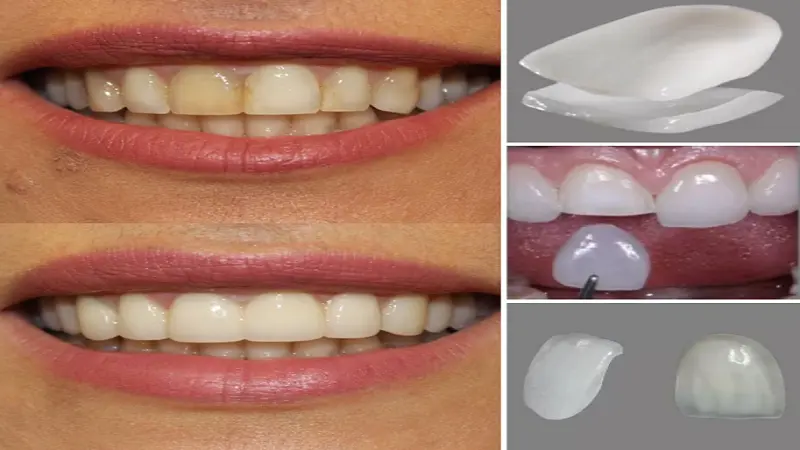As the healthcare landscape evolves, the demand for well-educated professionals has never been more critical. Rapid advancements in technology, emerging challenges, and changing patient needs necessitate that healthcare leaders and workers continuously enhance their knowledge and skills. Higher education is vital in preparing these professionals to meet the sector’s demands, offering advanced degrees that can significantly transform careers and improve the effectiveness of healthcare delivery.
This article explores the transformative power of higher education in healthcare.
Developing Leadership in Healthcare
Effective leadership is crucial for navigating the complexities of modern healthcare. Leaders are tasked with managing teams, and resources, and ensuring the highest standards of patient care. Higher education fosters these leadership skills through programs that address both clinical and administrative aspects of healthcare. By deepening their understanding of the industry, these programs equip professionals with the decision-making abilities needed to lead their organizations successfully.
Healthcare leaders with advanced degrees are better prepared to address various challenges, whether managing a hospital, directing a clinic, or overseeing public health initiatives. They cultivate positive work environments, streamline processes, and prioritize patient care.
Career Advancements through Further Education
Pursuing further education enables healthcare professionals to advance their careers and enhance their contributions to the field. As the industry continuously evolves, the demand for professionals with specialized knowledge and skill sets grows. Advanced, flexible programs, such as an online Master of Healthcare Administration, allow professionals to expand their expertise while remaining active in the healthcare system.
These educational programs equip individuals to tackle complex administrative tasks, boost efficiency, and improve patient care, all while providing a broader perspective on healthcare management across various settings.
Enhancing Patient Care
At the heart of healthcare is patient care, which is directly impacted by advanced education. By pursuing specialized degrees, professionals gain insights into best practices, new treatment methodologies, and the importance of patient safety. This additional training empowers them to implement strategies that improve patient outcomes, reduce errors, and create effective care plans.
Educated leaders are also more likely to instill a culture of continuous improvement within their organizations, ensuring that all staff are committed to delivering the highest quality of care.
Navigating Technological Advancements
As technology becomes increasingly integral to healthcare, professionals must stay current with these changes. Innovations such as electronic health records and telemedicine are reshaping care delivery. Advanced education prepares professionals to understand and effectively implement these technologies.
By pursuing advanced degrees, professionals learn to integrate new tools into their daily operations, enhancing efficiency and patient experiences. They also develop the skills to leverage data-driven insights for better decision-making, helping their organizations remain competitive in a tech-driven landscape.
Improving Policy and Decision-Making
Healthcare policies significantly influence care delivery, making it essential for leaders to understand these complexities. Further education provides professionals with the knowledge to navigate the intricate world of healthcare regulations. They learn to analyze policies, advocate for improvements, and make informed decisions that align with patient needs and legal standards.
Leaders with strong educational backgrounds are better positioned to influence policy at local, national, and global levels, identifying gaps in existing regulations and working toward more effective solutions while ensuring compliance with current standards.
Addressing Global Healthcare Challenges
The healthcare sector faces numerous global challenges, from disease outbreaks to limited access in underserved areas. Advanced education equips professionals with the insights and tools needed to address these issues. Programs focusing on global health perspectives help individuals understand the functions of different healthcare systems, enabling them to devise applicable solutions both locally and internationally.
Educated professionals can engage in initiatives aimed at improving access to care, reducing disparities, and effectively responding to public health crises. By grasping global issues, they are better positioned to lead efforts that enhance healthcare worldwide.
Managing Healthcare Systems Efficiently
Effective management of healthcare systems is vital for delivering high-quality care in today’s fast-paced environment. Advanced educational programs teach professionals how to optimize operations, manage budgets, and allocate resources effectively. This knowledge allows them to handle administrative responsibilities proficiently, ensuring that healthcare organizations run smoothly.
Management efficiency also involves long-term planning and adaptability in the face of changing patient needs, new regulations, and emerging technologies. Well-educated professionals are better prepared to navigate these shifts and ensure their organizations meet current demands while planning for the future.
Promoting Innovation and Research
Higher education fosters a culture of innovation, encouraging professionals to explore new approaches, technologies, and treatments within the healthcare field. Research is a key component of this process, with advanced degree holders trained in conducting comprehensive research, analyzing data, and applying findings to real-world challenges.
These programs emphasize critical thinking and creative problem-solving—skills essential for developing innovative solutions and enhancing existing practices. Whether improving operational processes, advancing medical treatments, or leveraging technology for patient care, the foundation lies in continuous improvement and innovation.
In summary, higher education plays a crucial role in transforming healthcare by empowering professionals with the skills and knowledge necessary to address both current and future challenges. From fostering innovation to tackling global health issues, it enables individuals to make a meaningful impact on their organizations and the healthcare industry at large. In an ever-evolving world, upgrading one’s knowledge is essential for those aiming to drive lasting change in healthcare.




